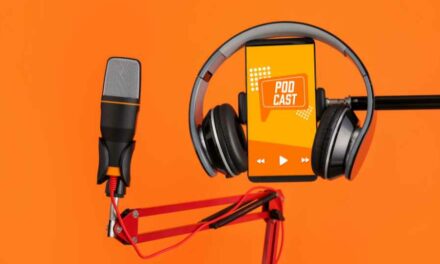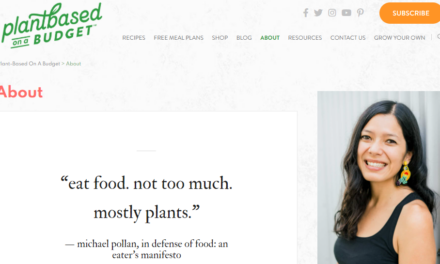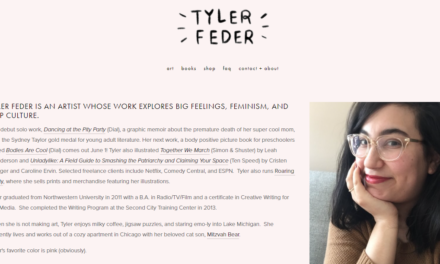Every two years, the world’s (media) attention turns to the Olympics. As I watched the events in Paris the past few days, I saw many parallels to content businesses and entrepreneurs. Here are five olympic lessons for content entrepreneurs.
Take every opportunity to tell stories: Many fans who watch the Olympics dip in and out of the sports every four years. So they don’t regularly follow the athletes competing, and they’re not going to spend hours viewing their screens waiting to find out who wins gold, silver, and bronze. But they will stay for the stories. It could be a classic and big story like overcoming a devastating injury or a tragedy in their family. But it can be “smaller” stories too, like the swimmer who balances his training time while working as a project manager or the gymnast competing for her grandparent’s home country.
Every time you create, think about the story you’re telling, from your website’s about page to the next podcast episode, video, or blog article. What will get your audience to keep consuming your content?
Embrace your primary format: Unlike previous host cities that turned to stadiums for Opening Ceremonies, Paris turned the city into the stage. No single seat could take in all that was happening, whether it was Celine Dion singing atop the Eiffel Tower, the parade of athletes down the Seine, or the person in a gauzy head covering jumping along the rooftops. In doing so, they opted for a made-for-screen-viewing event and stuck to telling the narrative with hundreds of cameras for both the people watching in real life and the ones watching from home.
Design your content to fit your primary format. Then, you can figure out how to maximize that content on other channels.
Find your Snoop Dogg: When I saw rapper and personality Snoop Dogg carry the Olympic torch, I was puzzled. When he popped up with The Today Show’s Hoda Kotb at the Opening Ceremonies, I chuckled, but I was still puzzled. And then, I saw a commercial about Snoop joining NBC’s popular show The Voice, and I was no longer puzzled. But Snoop is going all in, showing up at events and doing more than just sitting there with a grin on his face when the cameras point their lens to him. He’s sitting with the athletes’ families, wearing an athlete’s image on his T-shirt, and cheering loudly.
Partner with influencers and other super fans who are eager to cheer on your brand and engage with your audience rather than just fulfilling the bullet point requirements in the agreement.
Don’t expect a medal: About 10,500 athletes are competing in 329 events. That means fewer than 1,000 medals (gold, silver, and bronze) will be awarded. So, less than 10% of the participants will get to bring home a medal. Most who went to Paris didn’t expect to compete for a medal; just making the competition was their victory.
In the content business, few entrepreneurs hit a million (in revenue or audience size), but that doesn’t mean you give up. You can grow revenue and audiences that can give you the freedom, flexibility, and finances to support your life – all the things the research shows content entrepreneurs want.
Pay attention to the numbers: In events like swimming, cycling, and running, timing is everything. The athletes examine every aspect of their races, from their body to the course and more, to trim even a tenth of a second (or less) from their time. It can be the difference between winning gold and coming in fourth, as in the men’s 400-meter butterfly swimming race this past weekend.
Think about what fractional changes you can make to give your business a boost. Do A/B testing with the subject lines of your emails to see which words perform better. Review the referral traffic to your website and see what converts the best — do more of that and less of what doesn’t. Perhaps you could trim your content products, such as newsletters or podcast episodes, and use the time saved for a more profitable purpose. But don’t make all the changes at the same time because then you’ll never know which one(s) worked.
About the author
Ann regularly combines words and strategy for B2B, B2C, and nonprofits, continuing to live up to her high school nickname, Editor Ann. An IABC Communicator of the Year and founder of G Force Communication, Ann coaches and trains professionals in all things content. Connect with her on LinkedIn and Twitter.










